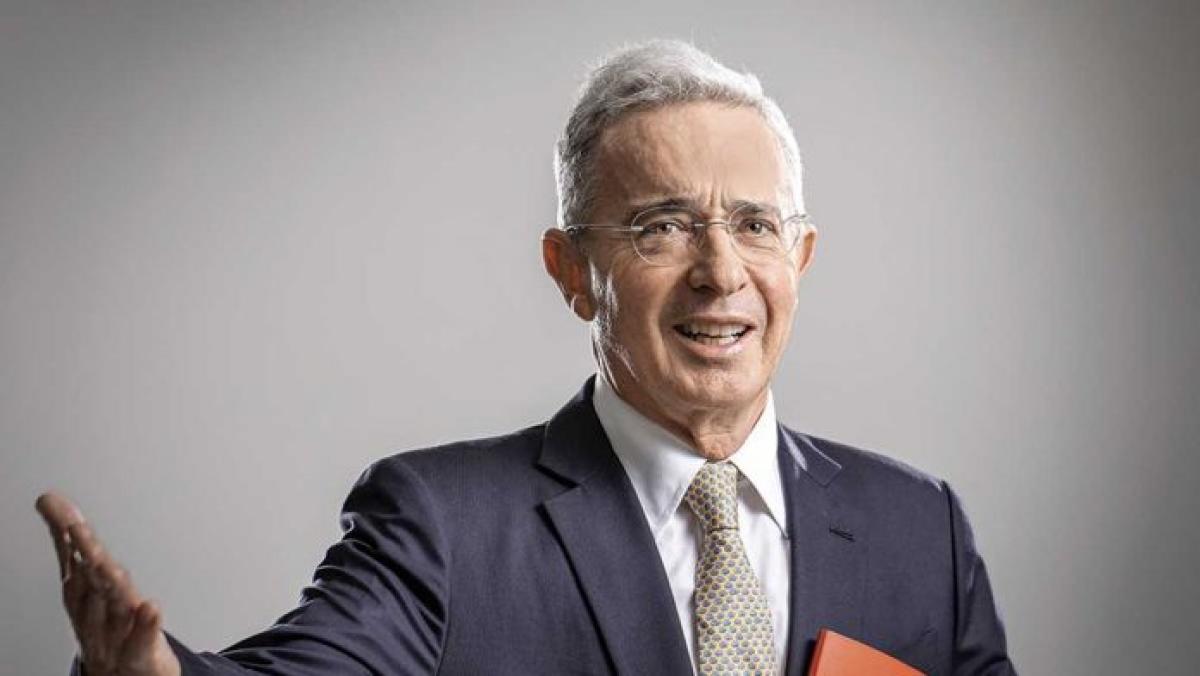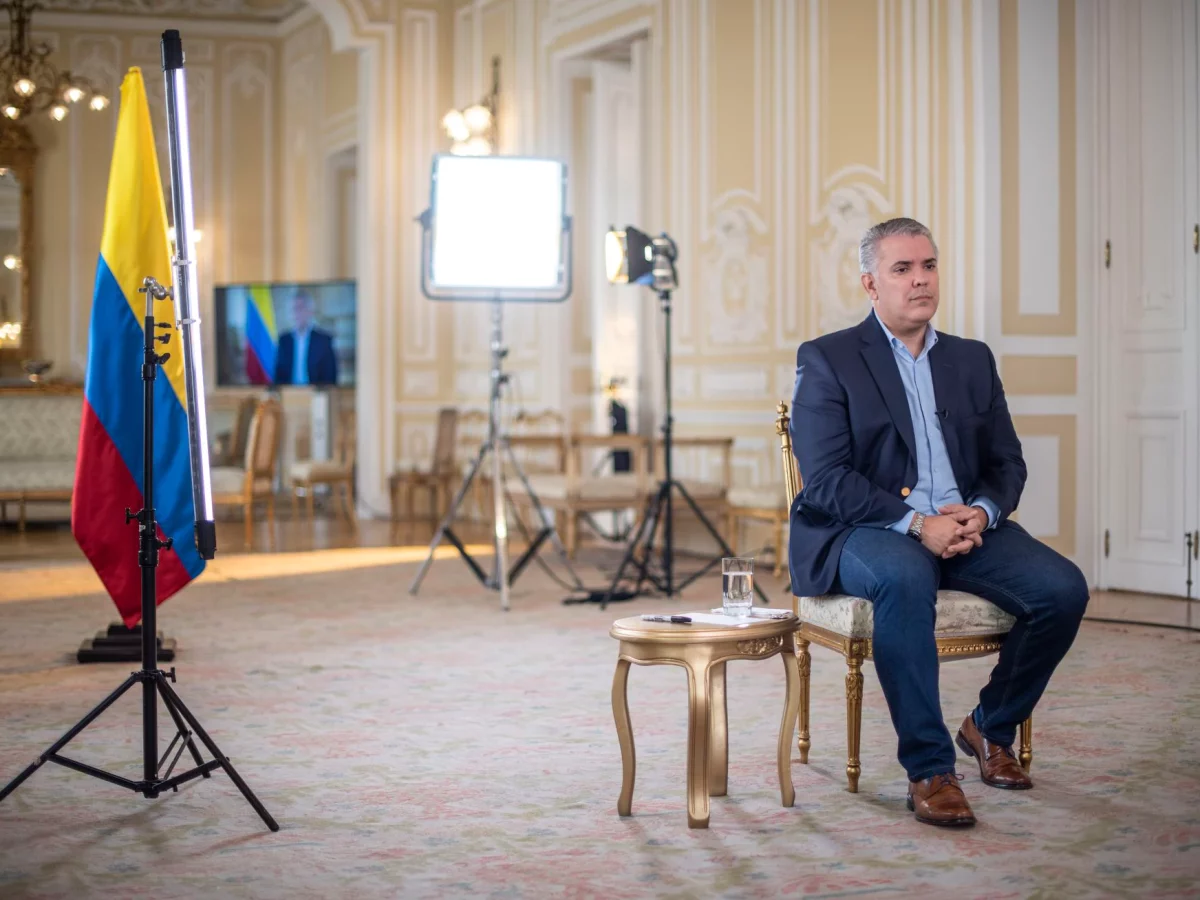The legal battles surrounding Álvaro Uribe, the former president of Colombia, have reached a critical juncture. Scheduled hearings on May 17 and May 24, 2024, mark significant dates in the ongoing judicial proceedings against him. These hearings focus on accusations of witness tampering and procedural fraud.
Background of the Case
The roots of this case trace back to 2012 when Uribe accused left-wing Senator Iván Cepeda of fabricating evidence to link him and his brother, Santiago Uribe, to paramilitary groups. This counter-complaint led to an extensive investigation by the Colombian Supreme Court. In a surprising turn, the Court redirected its focus from Cepeda to Uribe, suspecting the former president of manipulating witnesses to undermine Cepeda’s credibility.
In 2018, the Supreme Court initiated an investigation into Uribe, shifting the spotlight onto allegations that he had orchestrated efforts to bribe witnesses and falsify evidence. This led to a series of legal maneuvers, with Uribe vehemently denying any wrongdoing and maintaining that the accusations are part of a politically motivated attack against him.
Details of the Charges
The core of the charges against Uribe involves his alleged role in tampering with testimonies. The prosecution asserts that Uribe, through intermediaries, attempted to influence witnesses to retract statements implicating him in connections with paramilitary groups. These groups were known for their human rights abuses during Colombia’s internal conflicts.
Witness testimonies have been pivotal in this case. One of the key witnesses, Juan Carlos Sierra, also known as “El Tuso,” claimed that Uribe’s allies approached him with offers of benefits in exchange for altering his testimony. Uribe’s defense counters this by highlighting that Sierra’s extradition was executed under Uribe’s presidency, arguing that this undermines the credibility of the accusations.
Court Proceedings and Defense Strategy
The legal defense for Uribe has been robust, with his lawyers presenting a narrative of political persecution. They argue that the allegations are fabricated by his political adversaries, particularly pointing fingers at Senator Cepeda. Uribe’s legal team has emphasized inconsistencies in witness statements and has called for the dismissal of charges due to lack of concrete evidence.
The hearings in May are set to address these contentious points. The defense will aim to dismantle the prosecution’s case by scrutinizing the reliability of witnesses and the legality of evidence gathered. Meanwhile, the prosecution will strive to substantiate their claims, focusing on the pattern of interactions and transactions that allegedly indicate Uribe’s involvement in witness tampering.
Political and Social Implications
The implications of this trial extend beyond the courtroom. Uribe, a prominent figure in Colombian politics, remains influential, and the outcome of this case could reverberate through the political landscape. His supporters view the trial as an unjust witch-hunt, while critics see it as a necessary step towards accountability and justice.
Public opinion is deeply divided. Uribe’s presidency was marked by both significant security improvements and controversial human rights issues. The trial’s proceedings are closely watched, as they could potentially set a precedent for how Colombia deals with high-profile cases involving political figures.
Moving Forward
As the hearings proceed, the Colombian judicial system faces a significant test. The need for impartiality and thoroughness in handling this high-stakes case is paramount. Regardless of the outcome, the trial of Álvaro Uribe is poised to leave a lasting mark on Colombia’s legal and political history.
This case highlights the complexities of legal proceedings involving prominent political figures and underscores the ongoing challenges in Colombia’s journey towards justice and reconciliation.






